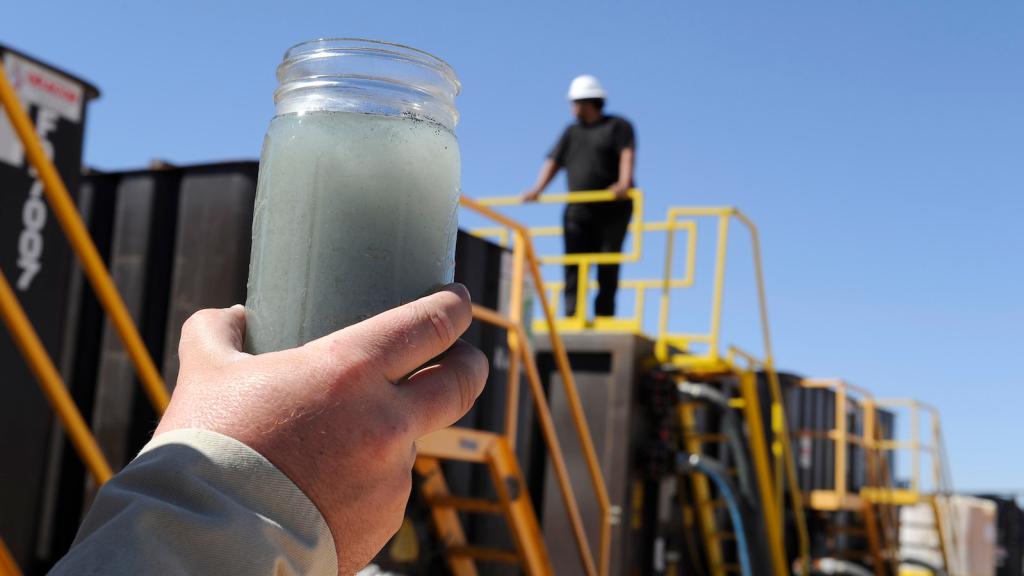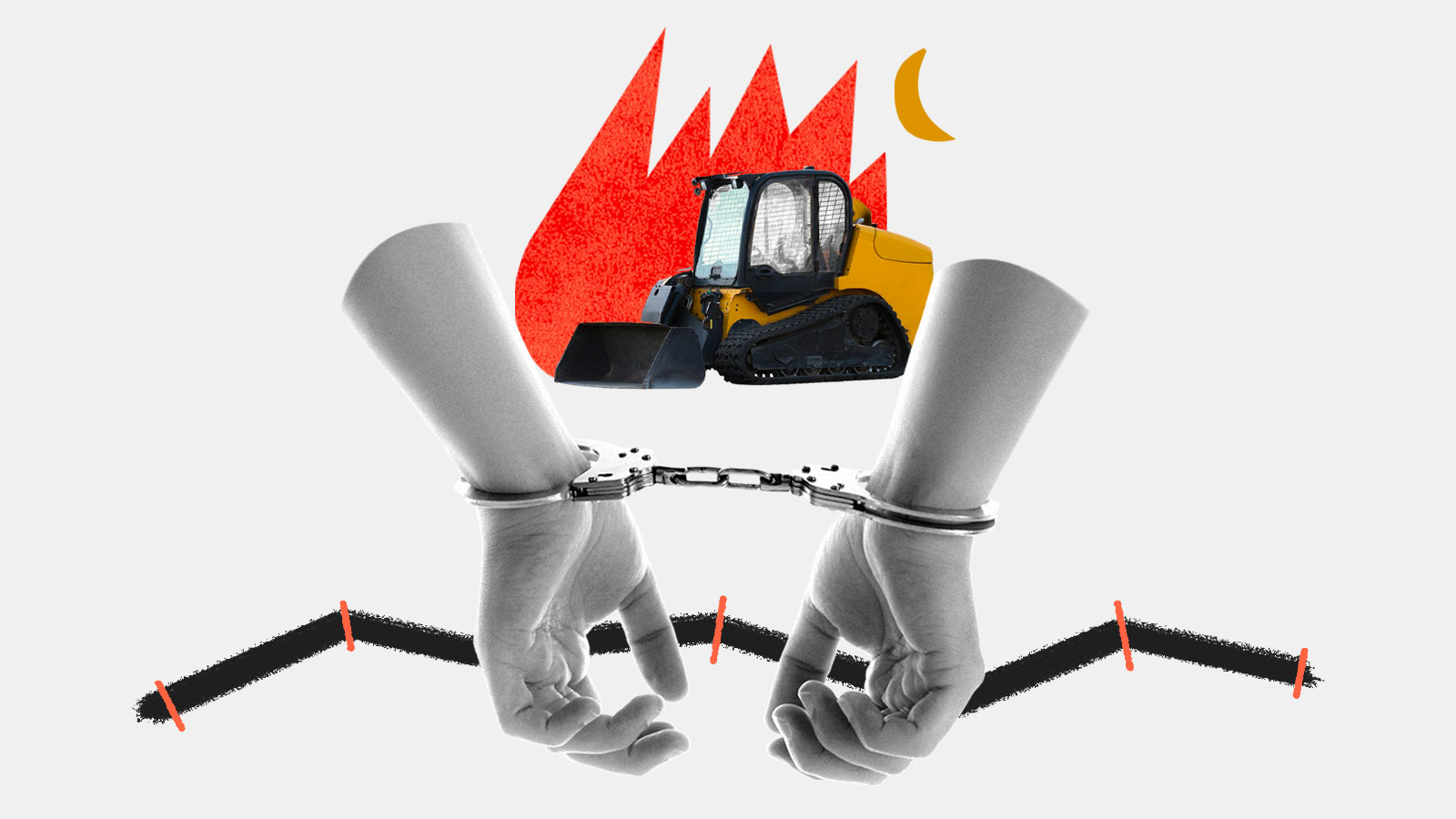On election night in 2016, Jessica Reznicek and Ruby Montoya set fire to a bulldozer and construction equipment at a Dakota Access Pipeline construction site in Iowa. Over the next few months, the activists used oxy-acetylene torches to melt holes in pipeline valves at three other locations in the state. It was at the height of the Indigenous-led protests against the 1,172-mile-long pipeline, which opponents like the Standing Rock Sioux tribe argued would pollute local water sources and contaminate soil. When Reznicek and Montoya’s actions failed to halt pipeline construction, they held a press conference and publicly took responsibility for their actions.
The two women were subsequently indicted on nine felony counts of intentionally damaging energy infrastructure, and Reznicek ultimately pled guilty to one count of conspiracy to damage an energy facility. She was sentenced to eight years in prison by a district court in Iowa last year.
Reznicek is now appealing her sentence. Before an Iowa appellate court last week, her attorneys argued that the district court had inappropriately decided that her actions constituted a federal crime of terrorism and applied a “terrorism enhancement” to her sentence. Had the enhancement not been applied, sentencing guidelines would’ve capped her prison term at a little under four years.
Over the last few years, penalties for protesting pipelines and other fossil fuel infrastructure have increased dramatically. At the federal level, a provision of the 2001 Patriot Act, the national security law passed in the wake of 9/11, makes damaging energy infrastructure a federal crime.
And at the state level, in part responding to the protests against the Dakota Access Pipeline, lawmakers in at least 17 states have passed legislation to increase jail terms and monetary penalties for offenses such as vandalizing and tampering with so-called critical infrastructure. In recent years, nonviolent climate protesters have been charged with trespassing, theft, and terrorism.
At issue in Reznicek’s case is whether her conduct was “calculated to influence or affect the conduct of government by intimidation or coercion, or to retaliate against government conduct.” Prosecutors in the case argued that Reznicek’s conduct fit this description because she held a press conference in front of the Iowa Utilities Board office and used a crowbar to dismantle an Iowa Utilities sign.
“They were trying to say to the government, ‘If you do this kind of thing, we’re going to go out there and take the law into our own hands and end the pipeline one way or the other,’” the government prosecutor said at the hearing. “That is incredibly dangerous and exactly what this enhancement is designed to stop.”
Robert Richman, Reznicek’s attorney, argued that her actions did not target the Iowa Utilities Board and that her statements and actions did not indicate she tried to “influence” or “retaliate” against the agency. “There’s no question that Ms. Reznicek was unhappy with the decision of the Utility Board to allow the pipeline, but the damage to private property was calculated to stop the pipeline, not to punish the board,” he said.
In a 2021 statement to the court, Reznicek, who has long been associated with the Catholic Worker Movement, which promotes a social-justice oriented interpretation of Catholicism, said she is “not a political person” and “certainly not a terrorist.”
“I am simply a person who cares deeply about an extremely basic human right that is under threat: Water,” she wrote.
The appellate court is expected to issue a ruling in the coming weeks.



